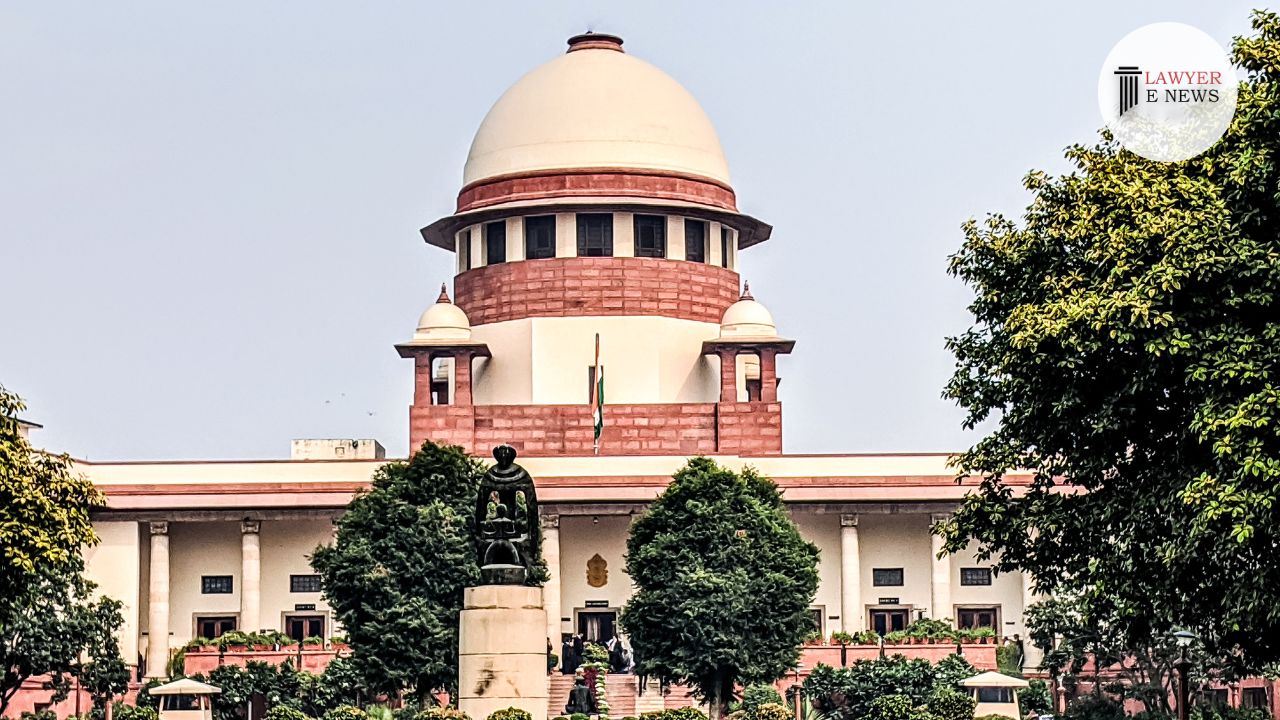-
by Admin
15 February 2026 5:01 PM



In a significant verdict, the Supreme Court of India, led by Justices B.R. Gavai and Sandeep Mehta, acquitted the appellants in the criminal appeal nos. 3869 of 2023 and 2740 of 2023, overturning their earlier conviction in a murder case.
The apex court’s decision hinged on the interpretation and application of Section 27 of the Indian Evidence Act, 1872, focusing on whether the recovered evidence distinctly related to the information provided by the accused.
The case involved the conviction of the appellants for murder based on circumstantial evidence and memorandum statements under Section 27, which led to the discovery of a body. The judgment scrutinized the link between these statements and the actual discovery of the body.
Witness Testimony Inconsistencies: The Court highlighted discrepancies in the testimonies regarding the body’s discovery, suggesting knowledge of the murder prior to the statements recorded under Section 27.
Application of Section 27 of the Evidence Act: The judgment underscored the inadequacy of evidence connecting the discovery of the body directly to the appellants’ information, casting doubt on the prosecution’s reliance on Section 27.
Necessity for a Complete Chain of Circumstances: Emphasizing the need for an unbroken chain of circumstances, the Court found the prosecution failed to establish a sequence leading conclusively to the appellants’ guilt.
Decision: The Supreme Court reversed the decisions of the High Court and Trial Court, acquitting the appellants. The Court stressed the critical nature of linking the discovery of a fact directly and distinctly to the information provided by the accused in cases built on circumstantial evidence.
Date of Decision: April 10, 2024.
Ravishankar Tandon vs. State of Chhattisgarh,
